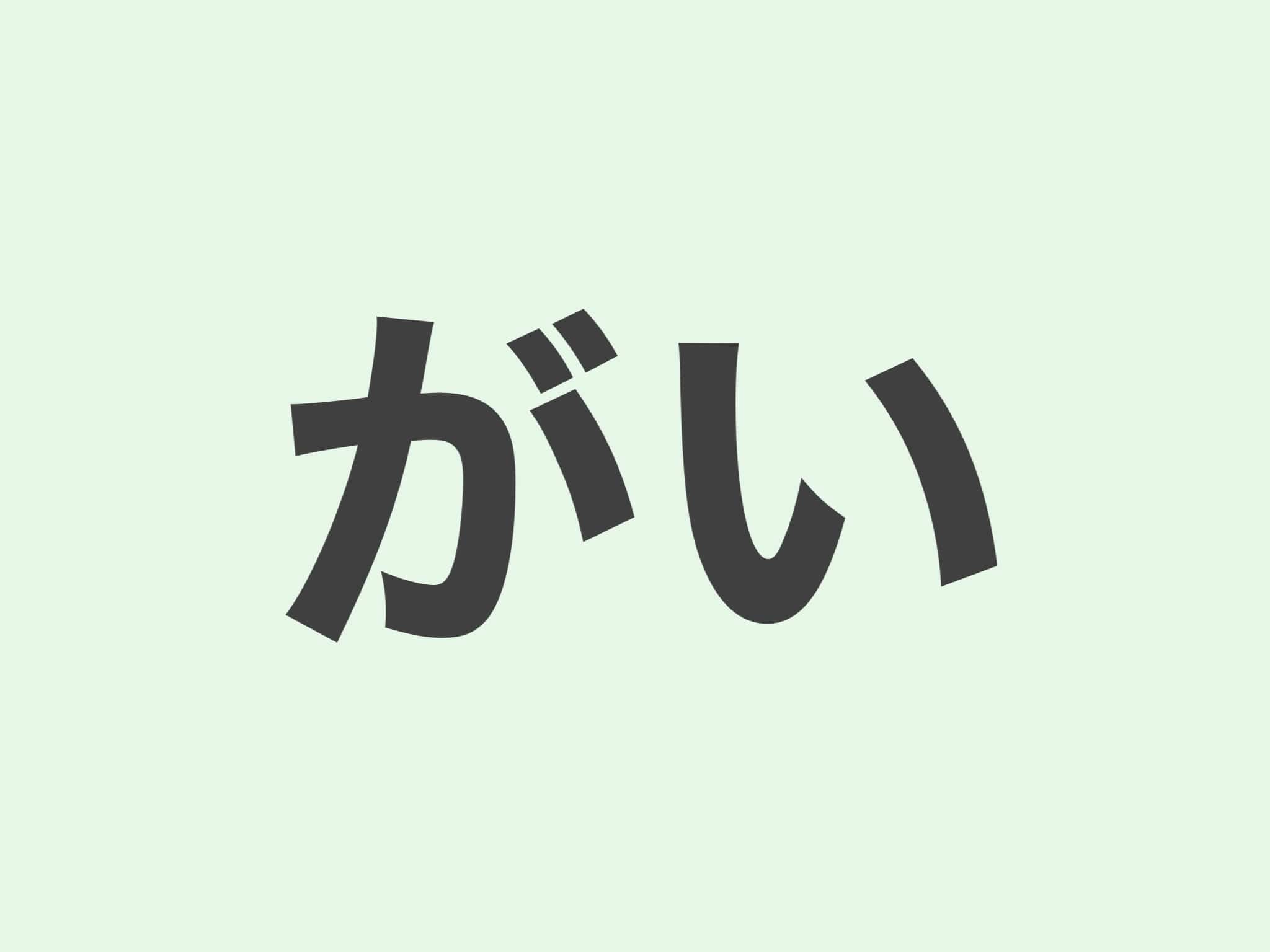説明 (Explanation)
文法(Grammar):ます形(ーます)+がい
意味 (Meaning):「〜したのに無駄だった」「〜したけれど意味がなかった」というニュアンス。
英語(English):The nuance is that even though you did something, it ended up being pointless, your efforts were wasted, and it didn’t have any real meaning or result.
JLPT Textbook Recommendations
例文 (Examples)
- この仕事は大変だけど、やりがいがある。
- ボランティア活動には、やりがいを感じる。
- 子どもたちは元気で、教えがいがある。
- 家族の笑顔が、私の生きがいだ。
- このプレゼントは、喜んでもらえたのでがあった。
ひらなが (Hiragana)
- このしごとはたいへんだけど、やりがいがある。
- ボランティアかつどうには、やりがいをかんじる。
- こどもたちはげんきで、おしえがいがある。
- かぞくのえがおが、わたしのいきがいだ。
- このプレゼントは、よろこんでもらえたのでつくりがいがあった。
英語翻訳 (English Translation)
- This job is tough, but it’s rewarding.
- I find volunteer work fulfilling.
- The children are full of energy, so they’re worth teaching.
- My family’s smiles are my reason for living.
- This present was worth making because they were happy to receive it.





コメント